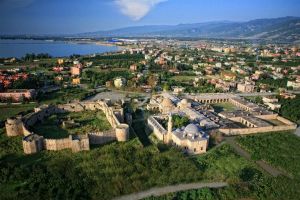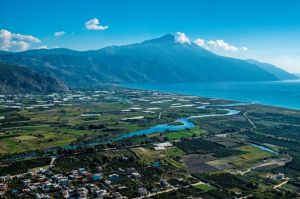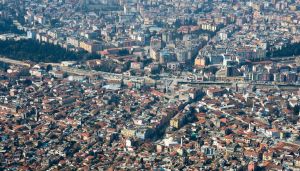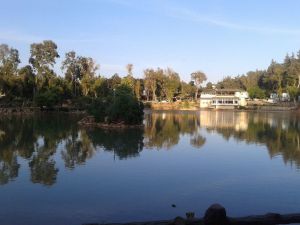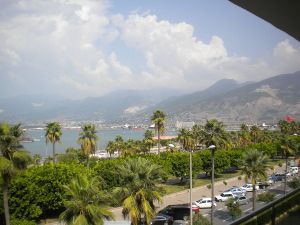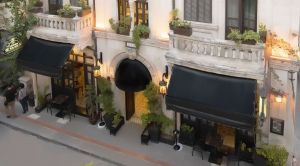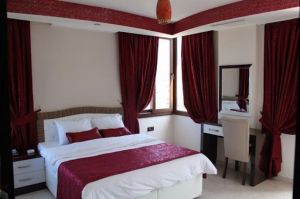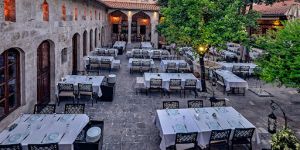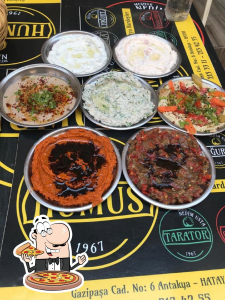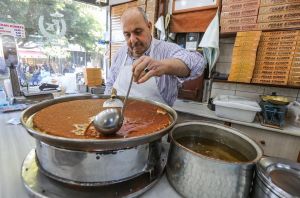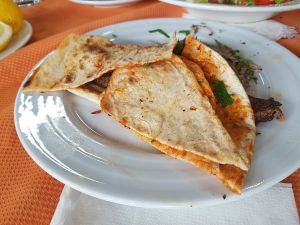at a glance
With a population of 1.6 million, Hatay is a city within the borders of the Mediterranean Region. With a population of 6 million, Hatay is a city within the borders of the Mediterranean Region. The city has a rich cultural heritage, with historical traces of people who lived between 100,000 BC and 40,000 BC.
Throughout history, Hatay, precious in the three heavenly religions, has been a favorite city over which long struggles have been waged and which has been sought for centuries.
Between 1800 and 1600 BC, the lands ruled by the Kingdom of Yamhad were subsequently ruled by the Hittites. The lands ruled by the Kingdom of Yamhad between 800 and 1600 were subsequently ruled by the Hittites. Subsequently, the Egyptians, the Urartians, and the Assyrians annexed the region. It's M. Oh, my God. By 60 C.E., the rising Roman Empire had conquered Hatay and made it the capital of the Syrian region. Then, with the conquests of the Islamic armies, they came under the control of the Emevi and the Abbasi, who controlled these lands for a long time. The Hamdanids, the Mamluks and the Byzantines respectively dominated the lands of Hatay and finally came under Ottoman rule in 1516 by Yavuz Sultan Selim. This historical adventure of Hatay finally ended in 1939 when it joined the territory of Turkey.
Throughout its history, Antioch has played an important role in intercontinental and interregional trade, as a place of accommodation for caravans of travelers and pilgrims, and as a center of cultural exchange for people from various regions.
For this reason, Antioch served as a cultural center where thousands of people from various regions stayed, exchanged goods and ideas with people from other regions, and returned home with new knowledge and ideas. During the Hellenistic Period and the Roman Empire, it gained a reputation as one of the world's leading centers of civilization. Antioch, which also served as a trade and cultural center during the Ottoman Empire, has continued to develop this period to the present day.
The Hatay region, which has been home to many nations with various beliefs throughout its history, has produced a large number of poets, scientists, and artists, and over time has produced a rich cultural accumulation. The traces and effects of this accumulation can still be seen today in historical buildings, as works in museums, in the life of the community in the form of art, press and publishing activities or customs, traditions and customs.
Travel Plans
Accomodation

Where to eat
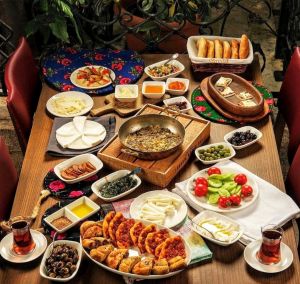
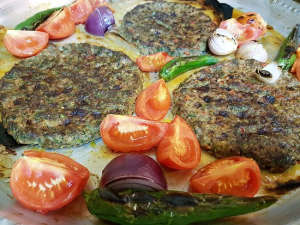
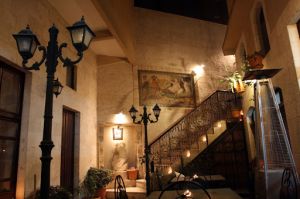
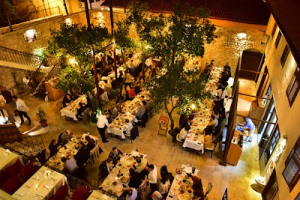
Activities to Do


